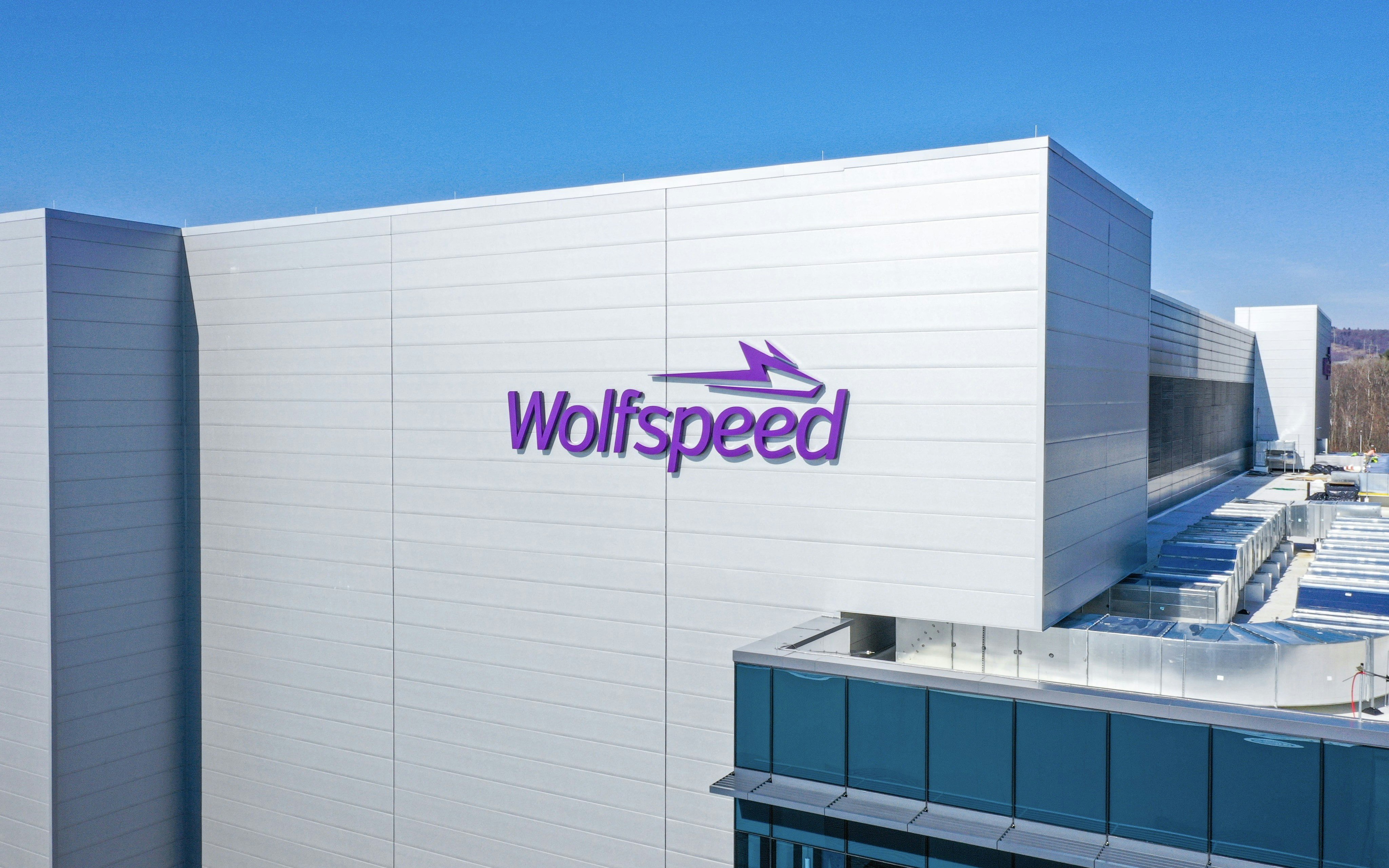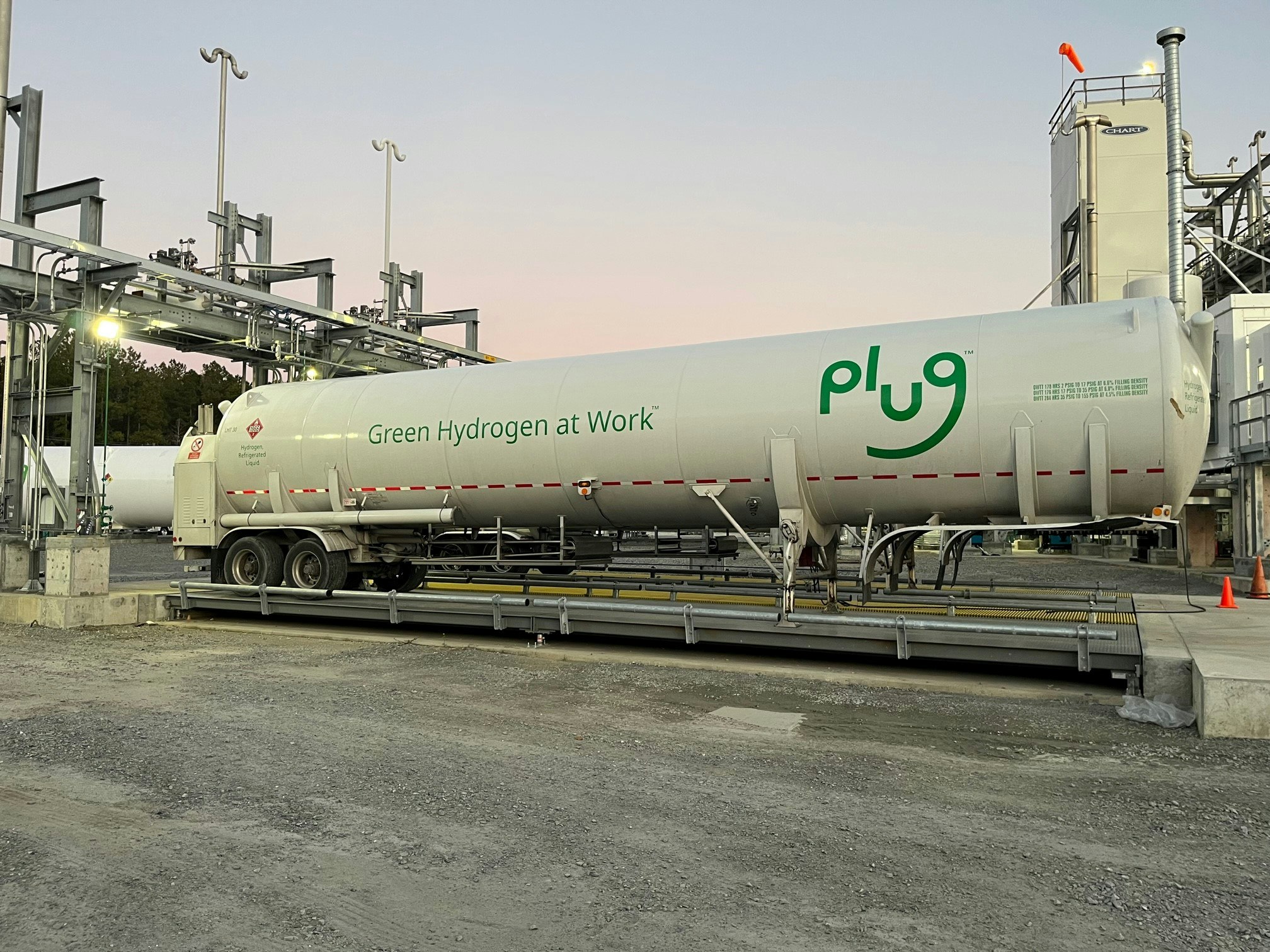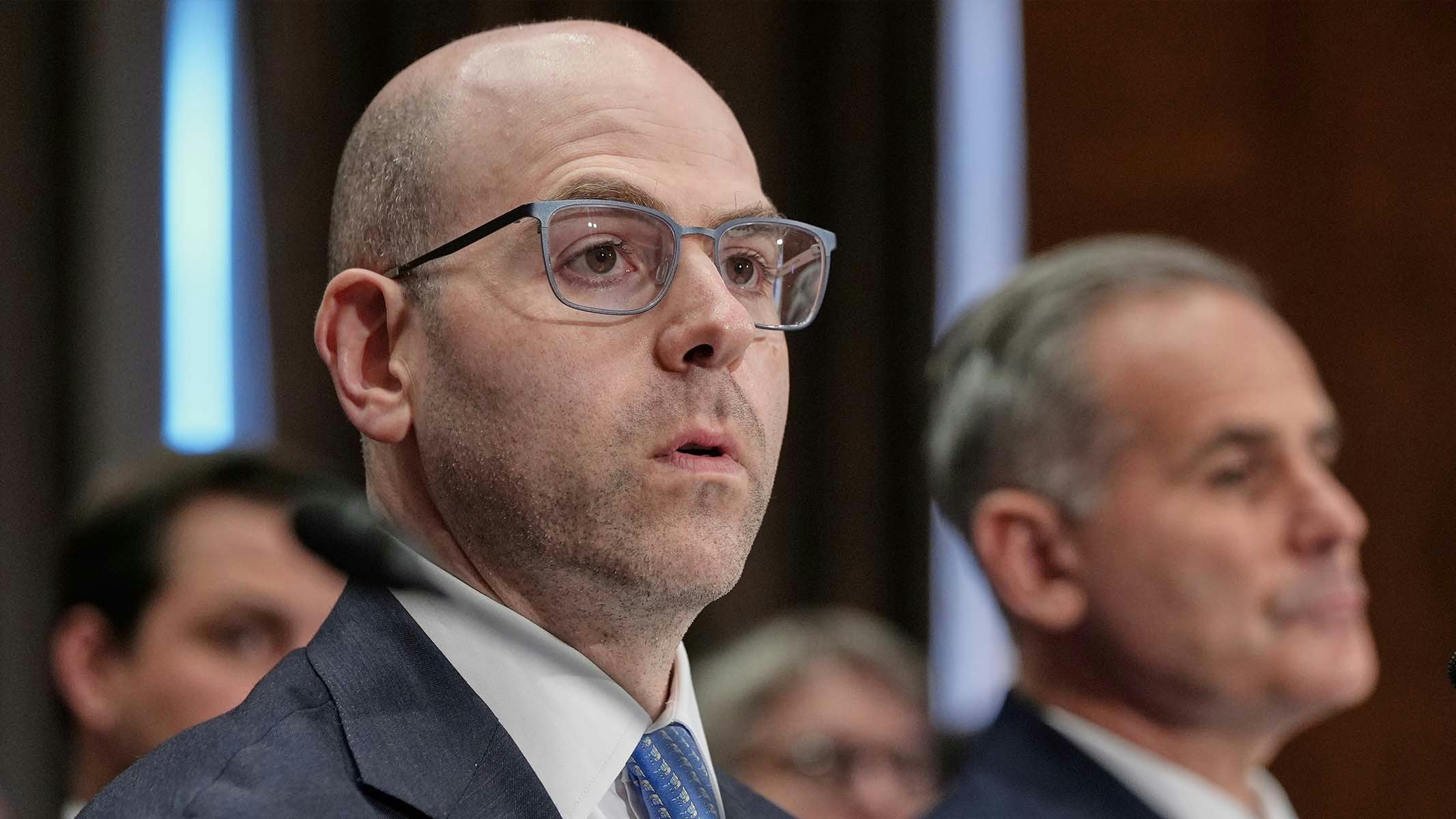Technology
Wolfspeed Halts Investment Plans in Germany: Criticism of Scholz's Industrial Policy
Wolfspeed's cancellation of building a 3-billion-euro factory in Germany undermines Chancellor Scholz's goal of making Germany a semiconductor hub.

The US technology company Wolfspeed has halted its plans to build a factory in Ensdorf, western Germany. This decision marks another setback for Chancellor Olaf Scholz's efforts to develop Germany into a leading semiconductor hub. The planned investment of 3 billion euros was intended to support the production of silicon carbide chips for electric vehicles but was canceled due to declining European demand for EVs.
Wolfspeed justified the step with a "more modest" increase in EV adoption than originally predicted. This happened just a few weeks after Intel postponed its multi-billion euro project to build a 30 billion euro factory in Magdeburg. Both ventures were supposed to be supported by extensive government subsidies and could have been among the largest foreign investments in Germany's post-war period.
The decision by Wolfspeed undermines the government's argument that Germany is an attractive location for international semiconductor investments. "Yet another prestige project has been canceled," said Julia Klöckner, CDU member of the Bundestag. "The subsidy bubble has burst, leaving only one conclusion: The economic policy of the Scholz coalition has failed.
Germany Was Considered Key to the EU's Goal of Doubling Its Share of the Global Semiconductor Market from Under 10 Percent to 20 Percent by 2030. This Was a Response to Fragile Global Supply Chains and the Strong Dependence on Asian Companies Like TSMC and Samsung Electronics. In Addition to Wolfspeed and Intel, Further Investments by Companies Like TSMC, NXP, Bosch, and Infineon Were Planned with Government Subsidies.
Wolfspeed originally planned to build a factory in Ensdorf to produce silicon carbide chips for power electronics components in electric vehicles. The investment was to be funded by 515 million euros in government support, with 360 million euros from the federal government and 155 million euros from Saarland. Auto parts supplier ZF was also to contribute 170 million euros. Despite these incentives, Wolfspeed decided to postpone the plans due to improved capacities in the USA and more moderate market demand.
Anke Rehlinger, Minister President of Saarland, emphasized that the project "will not be abandoned, but postponed indefinitely." ZF, on the other hand, rejected responsibility for the delay and emphasized its ongoing support for the project.
Economic experts sharply criticize the federal government's subsidy policy.






